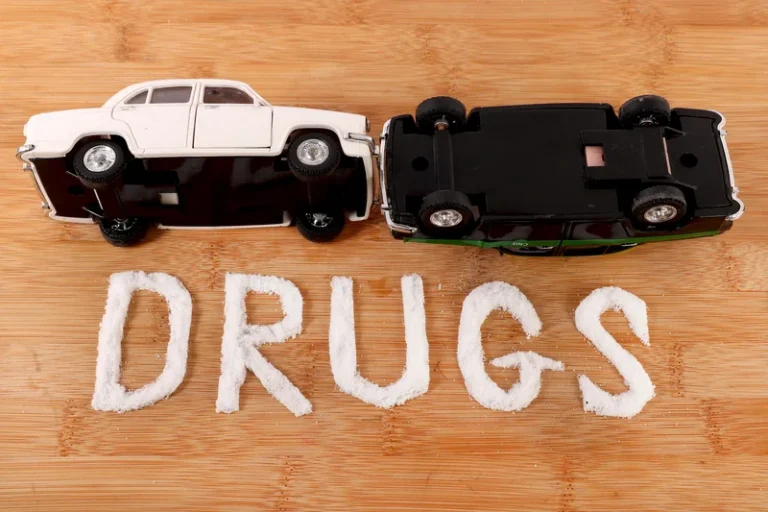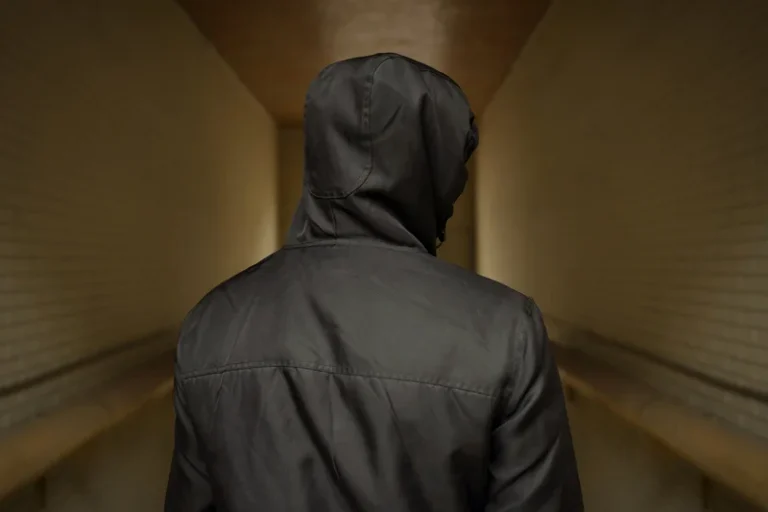Alcohol and Depression

Unfortunately, for some people with depression, this crash and exacerbation creates a vicious cycle. So they seek out alcohol again for its short-term antidepressant effects. These are all common effects of the initial stages of alcohol consumption. We’re not sure why one person might get a bigger jolt of euphoria from the same amount of liquor than another with a similar body type or metabolism, Koob acknowledges. Over time, regular alcohol consumption can disrupt the brain’s chemical balance, leading to more frequent and severe mood fluctuations. These mood swings are not just limited to feelings of sadness but can also include bouts of irritability and anger.
Alcohol can worsen negative emotions
Once the initial boost starts to wear off, it’s typical that does alcohol make depression worse the individual will start wallowing in their emotions instead. Alcohol acts as a depressant through its interaction with the brain’s neurotransmitters, which are chemicals that transmit signals in the brain and nervous system. It enhances the effects of GABA (gamma-aminobutyric acid), a neurotransmitter that has inhibitory effects on brain activity. By increasing GABA’s effectiveness, alcohol promotes relaxation, reduces stress, and lowers inhibitions, leading to the depressant effects on the CNS. In addition, it inhibits the action of glutamate, a neurotransmitter that increases brain activity and energy levels. Alcohol inhibits glutamate’s excitatory effects, further slowing down brain function and contributing to the depressant effect.

What to Do About Depression and Alcohol Misuse
- Antidepressants work by regulating the brain’s neurotransmitters, stabilizing hormones like serotonin and dopamine.
- At the very least, addressing feelings of depression will be easier if you don’t have to worry about physical and mental issues.
- Beyond the clinic, Cayley finds joy in spending time with her two golden retrievers and enjoys outdoor activities such as camping, hiking, and snowboarding.
- When combined with counseling, this approach is proven highly effective.
- Get professional help from an online addiction and mental health counselor from BetterHelp.
- If you have access to a trusted healthcare professional, reaching out to them is a great way to begin managing depression and alcohol use.
If you experience depression and drink alcohol regularly, it’s recommended to start by cutting out alcohol first and then treating your depression. Sometimes, simply reducing or removing alcohol from your life can relieve depression symptoms and make you feel better. In some cases, people with depression cut out alcohol for just four weeks and noticed a clear difference in how they felt. Mental health treatment approaches have improved significantly over the years for treating both depressive disorders as well as alcohol use disorders. One study by the National Institute on Alcohol Abuse and Alcoholism found that people with alcohol use disorder https://ecosoberhouse.com/ (AUD) were 2.3 times more likely to have major depressive disorder than people who did not have AUD.

Drinkchat
- Patients of such stress-related illnesses have been found to have more white matter in the brain than is normal, the type of brain matter that acts as a network of fibers and connects these brain cells to one another.
- MAOIs aren’t often prescribed because they’re an older class of antidepressants, but they’re still used in cases when newer options aren’t effective for some patients, Anand says.
- This may make it easier for them to get care for their underlying depression.
- By increasing GABA’s effectiveness, alcohol promotes relaxation, reduces stress, and lowers inhibitions, leading to the depressant effects on the CNS.
- Any amount of alcohol use that causes physical, emotional, and/or interpersonal consequences or distress can be defined as risky use.
- The more you drink, however, the more likely your emotional state will begin plummeting back down.
Breaking the cycle of co-occurring depression and alcoholism is a challenging yet achievable journey that requires a multifaceted approach. The primary issue with this coping strategy is that it avoids addressing the root causes of depression. Instead of dealing with the underlying emotional pain, challenges, or trauma, alcohol use only masks these issues, delaying necessary psychological processing and healing. This reduction in medication effectiveness not only hinders the treatment of depression but can also lead to a false perception that medications are ineffective, potentially causing individuals to discontinue their prescribed treatment. Women, in particular, may experience more pronounced effects due to differences in body composition and metabolism, which can alter how drugs and alcohol are processed.
- At The Ho Tai Way, we understand the unique struggles women face in this journey.
- With the right treatment options, including alcohol treatment and depression treatment, you can regain control of your life.
- Whether you’re experiencing issues with a family member, friend or stress in your romantic relationship, this can make symptoms of depression worse.
- It is estimated that 1 in 10 people in the US has experienced a major depressive episode and only 50% of those individuals decide to seek treatment.
- Alcohol and depression can contribute to symptoms in even indirect ways.
- This cycle highlights the importance of seeking comprehensive care that understands and addresses the interrelated nature of these disorders.
Brief Motivationally Focused Interventions May Effectively Address Alcohol Use Among Depressed Patients

Chronic alcohol use can deepen the depressive state, leading to increased feelings of sadness, hopelessness, and emotional numbness. The depressant nature of alcohol also exacerbates existing depressive symptoms, such as low energy, lack of interest in activities, and social withdrawal. An individual might begin drinking more regularly to feel better about themselves and forget about unfavorable Alcoholics Anonymous memories and emotions. It is more likely to worsen a negative mood state, along with the person’s physical health.
- This includes cognitive behavioral therapy sessions that help to reshape thought patterns and behaviors, coupled with medical treatment such as antidepressants, if necessary.
- The feelings of bliss wear off, and they can worsen your depression symptoms.
- Depression can also be directly caused by alcohol in the case of a substance-induced disorder.
- People may turn to alcohol as a way to cope with mood problems, but drinking alcohol can also contribute to symptoms of depression.
- As recently reviewed in the literature, some interesting data also support a possible relationship between longstanding anxiety or depressive disorders and alcoholism (Kushner et al. 1990; Kushner 1996).